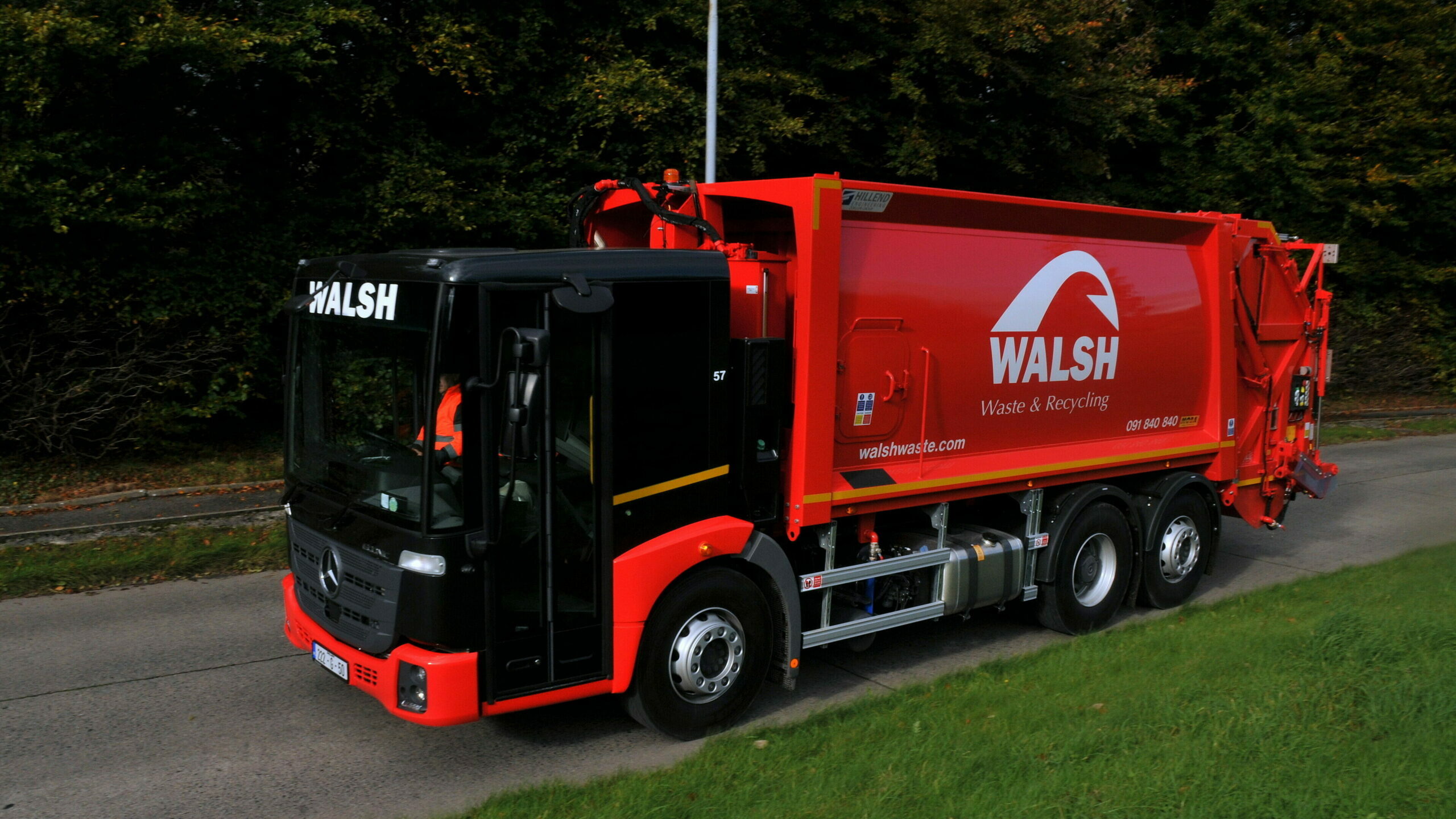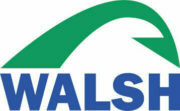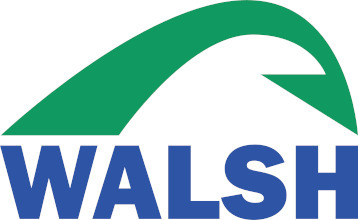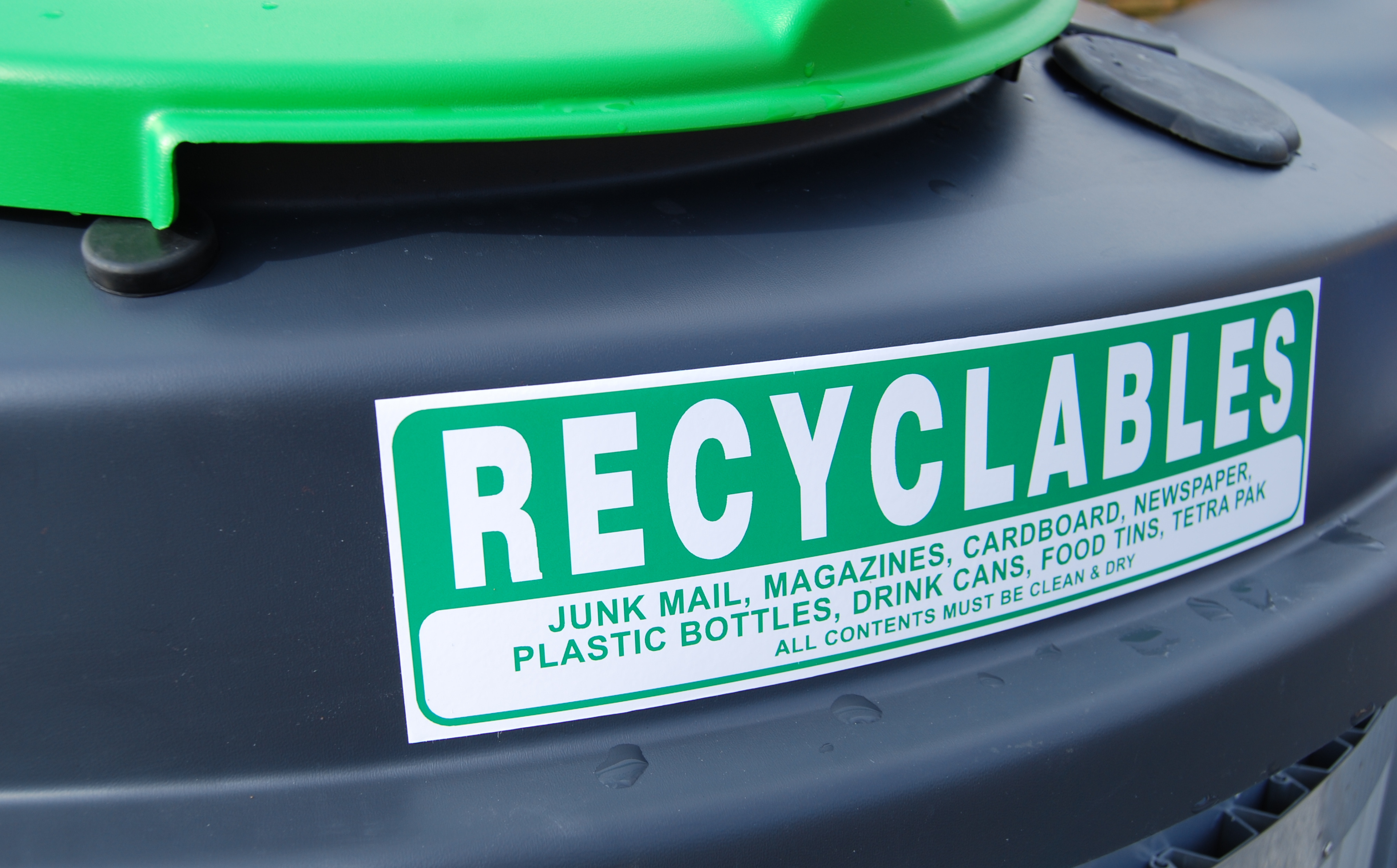Many of us want to do our part for the environment by recycling, but sometimes our good intentions lead to unintended consequences. This is particularly true when it comes to recycling contamination.
Recycling contamination can have impacts that extend beyond just one single item. In fact, it can deem an entire recycling truck as non-recyclable.
It occurs when items that cannot be recycled are mixed in with recyclable materials. This can include anything from food waste and coffee cups to greasy pizza boxes and broken glass. When these non-recyclable items end up in the recycling stream, they not only foul other recyclables but also pose challenges for recycling facilities.
When a recycling bin is contaminated it can have several effects:
- Increased Sorting Costs: Sorting contaminated materials at a recycling facility is time consuming and drives up the costs of recycling. Many facilities will pass this added cost onto the customer responsible for the contamination.
- Reduced Quality of the Recyclables: Contamination compromises the quality of other recyclables in the bin or truck.
- Environmental Consequences: Recycling is a key environmental activity to extend the lifetime of our materials and avoid the use to disposal cycle. When a batch of recyclables is contaminated, it must be sent to a waste to energy plant, thus undermining the essence of recycling efforts.
To combat recycling contamination, several proactive steps can be taken. Taking time to educate ourselves and others on what can and cannot be recycled, and being mindful when disposing of our items can go a long way to reduce recycling contamination in our communities. Remember, every item that ends up in the recycling bin counts.
Walsh Waste & Recycling Commercial Waste Collection
Walsh Waste have been providing a waste collection service to businesses in Galway for over 50 years, Making us your local waste experts.
Click here to learn more about our service and request a competitive quote.



